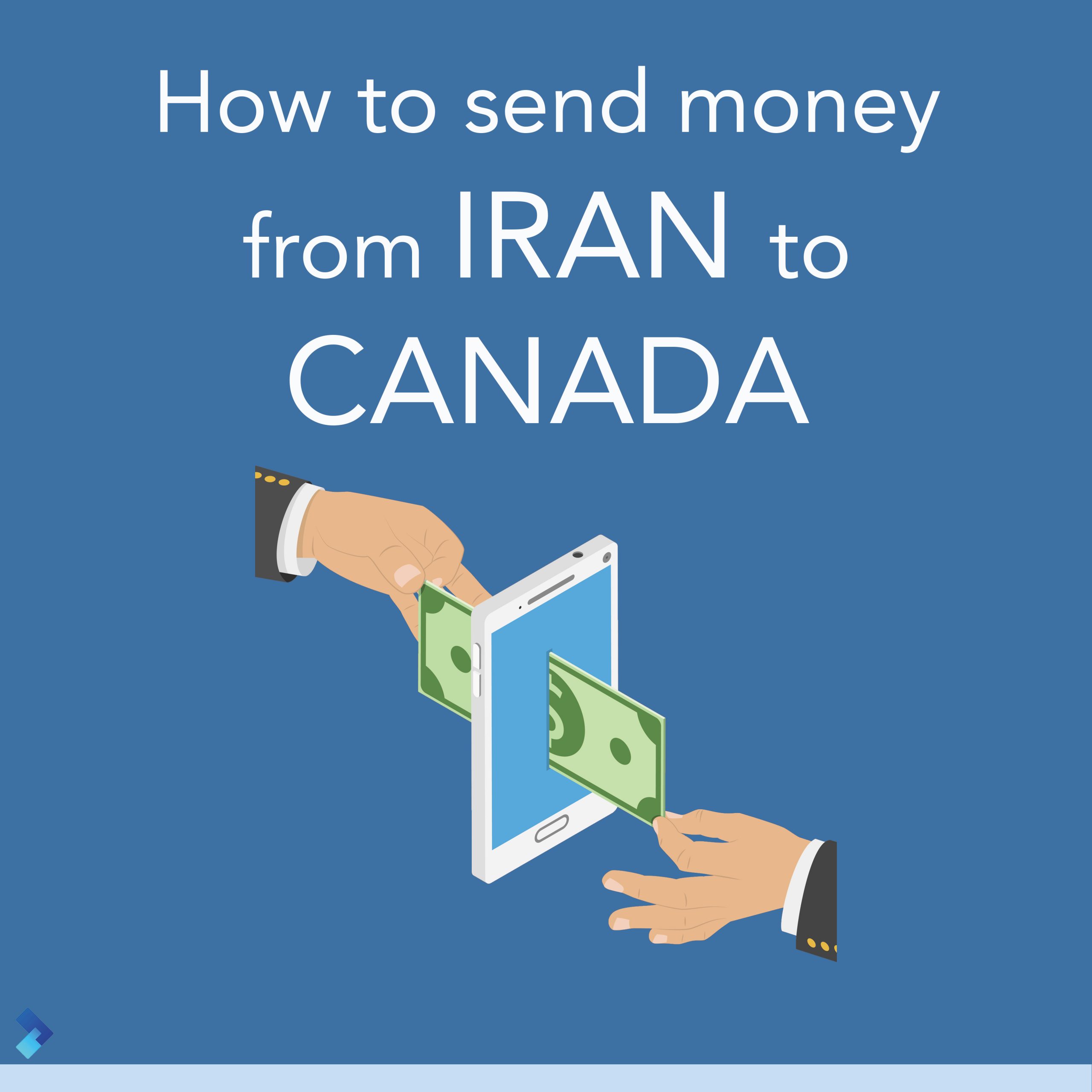WHAT TO DO WITH MY RENT OR MORTGAGE DURING COVID-19

COVID-19 is a health crisis, but it can potentially have a short and long term financial impact on your life. This blog provides you with useful tips and tricks you may need to keep in order to stay safe. We will be sharing these tips and tricks weekly. Some of this information may change with time, we will do our best to update it as new information is available. However, we encourage you to double-check with the official government websites before taking any important decisions.
Government support
We have outlined the government financial resources in our previous blog “Aid For Iranians in Canada Amid The COVID-19 Pandemic!” We have only included confirmed resources, and we are updating it to keep it as new information is released.
Reduce unnecessary spending
In the coming weeks, costs will rise for delivery items and other services, and there is no clear timeline. One month from now, you will be very glad you saved those spare dollars today. Read below for more strategies.
Rent and mortgage payments
If your income is compromised and you cannot make the next rent or mortgage payment, there are specific steps to take, listed below.
Call your landlord or lender. Do not assume that you do not need to make these payments because we are in a state of emergency.
Not paying your mortgage on time may drastically affect your credit score, interest payments, and can place you in an even more vulnerable financial position. This also applies to any other debt payments such as loans and lines of credit.
Do not be deceived by news headlines of rent or mortgage halts. The lenders, banks or landlords have the last word and they make these decisions based on recommendations of governmental organizations, and insurers. Therefore, having an honest and courteous conversation with your landlord or lender is essential if you cannot make the next payments. Currently, some provincial governments have halted new eviction orders and postponed scheduled enforcement orders of evictions. But keep in mind that this is temporary and until further notice.
Bills like mortgages or rent are usually the biggest monthly expense for most people. While you may have some savings, most young professionals do not have enough to cover more than a month of their rent or mortgage should their earnings were to decrease, or stop.
Not able to make your upcoming mortgage payment?
If you have a mortgage payment coming up that would use up a lot of your cash available right now, we recommend speaking to your mortgage company about a break. You may have already received an email from them. Most big banks will offer what is commonly known as a “mortgage deferral”. This does not mean the monthly payment disappears, it just means you are delaying your payment for a month or more without the risk of having to foreclose on your property. Most banks do not want to take over your house, so they are very willing to work with you to find alternate solutions. The sooner you get in touch, the more options you will have available. Do not wait until the second or third month of trouble before reaching out. Be honest and open with your situation.
How to prepare for your call with your lender/mortgage broker?
To begin with, prepare to have a long conversation over the phone. Be polite and understanding, the person helping you is doing their best in a new and unexpected scenario. The rules are changing daily and they are working hard to serve clients.
Have all the necessary documents ready, including your statements, the original contract with the features of the mortgage you have.
Know your numbers: Know how much you can pay. Do not think of the mortgage deferrals are free. Try to pay as much as you can afford without putting too much strain on yourself.
Play around with a calculator
A mortgage affordability calculator will help you understand what factors affect your payment terms. In doing this, you will be better prepared to have this conversation.
Know your property tax numbers, home insurance costs, and other associated fees. You may still be accountable for these fees even if you take a deferral option.
What questions should I ask my lender during your call?
- Can you please explain what options are available to me as I am unable to meet my full mortgage payments over the next ( X ) months?
- What features are already available in my mortgage product?
- Could you please help me understand the affordability of the options you have presented to me?
- How will taking these options to affect my credit score and will they require a credit check?
- What are the next steps if I cannot make this month’s full payment? At which point am I in arrears and what are the steps taken by the lender at that point?
- Can I extend my mortgage amortization to lower my monthly payment?
- Can I miss a payment and add it to the balance and spread it over the remaining mortgage repayment?
- Can I skip this month and repay it in a few months to reduce the interest burden?
- Can I have reduced payments over a set time instead of skipping payments altogether? (this will drastically reduce the increased interest you pay over the long term – you should try this first!)
- Can I change the rate of my mortgage from variable to fixed? (This would protect you against a sudden rate increase, a good option if your budget is super tight and your income uncertain – ultimately this could increase your mortgage payments in the short term as variable rates are lower than any fixed rate you will be getting right now).
Should I Refinance My Mortgage?
If you have a mortgage that you are paying, say, 3.5% for and now you are seeing rates that are much lower, you are probably wondering if it is better to switch out. Or maybe your mortgage is up for renewal this year. What should you do?
You are right to ask the question, interest rates have been changing. For the third time this month, the Bank of Canada lowered its overnight rate, which is now 0.25%.
Why so many cuts? This is a move by the government to support individuals and businesses by:
- Minimizing damage to the economy during COVID-19.
- Ease the cost of borrowing and help people access to credit
- Help improve short-term funding options to help businesses
- changes to the mortgage stress test that was due April 6th have been put on hold
How do I know if it is a good time to break my mortgage early?
Your broker or bank should be able to help you inspect your agreement and terms to see the decision is sensible. You want to make sure that the long-term savings of a lower rate are higher than the cost of the penalties related to breaking your mortgage.






